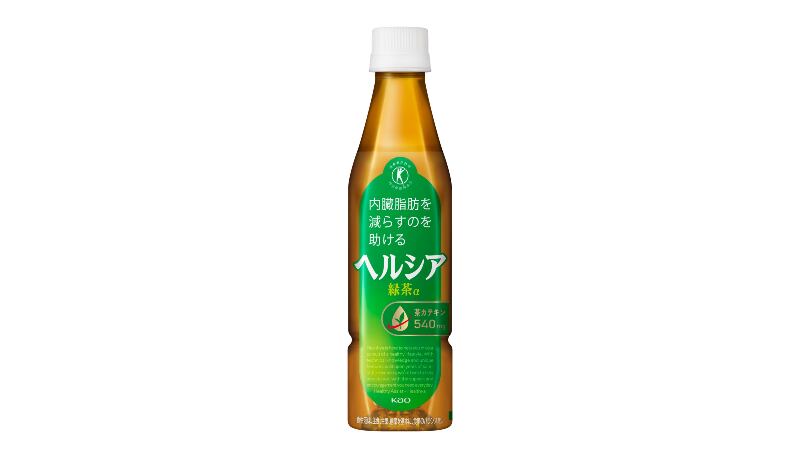Writing in Frontiers in Endocrinology, the researchers from The Second Affiliated Hospital of Shandong First Medical University analysed eight randomised clinical trials that studied the effects of probiotics on this group of teenagers.
There was a total of 391 participants examined in this meta-analysis, including 201 cases in the intervention and 190 cases in the control group.
The population studied were from Hong Kong, the US, Turkey, Iran, and Denmark, with the trials lasting between 30 days and 16 weeks.
Most of the studies, four of them, were 12 weeks, while two of them were eight weeks.
Examples of products studied in the meta-analysis included 1) Vivomixx, which is a mixture of Lactobacilli and Bifidobacteria strains and 2) a synbiotic containing Lactobacillus acidophilus, Lacticaseibacillus rhamnosus, Bifidobacterium bifidum, Bifidobacterium longum, Enterococcus faecium, fructo-oligosaccharide (FOS), lactulose, vitamin A, B1, B2, B6, C, and E.
Findings showed that probiotics supplementation could manage fasting blood glucose, BMI, and the inflammation-related C-reactive protein (CRP).
Out of the eight RCTs included in this meta-analysis, four assessed the effects of probiotics on fasting blood glucose.
For example, a 2021 study by Verma A et al reported that supplementation of the probiotics Visbiome, which contains Lactobacillus, Bifidobacterium, and Pediococcus strains, had led to significantly lower fasting glucose in the intervention group as compared to the placebo group.
There were also four RCTs which assessed the effects of probiotics on BMI in this meta-analysis.
Of which, a 2022 study by Yildirim G et al showed that synbiotic supplementation for 12 weeks had significantly lowered BMI as compared to the baseline. The BMI in the intervention group was also significantly lower than the placebo group by the end of the study. The synbiotics used in the study was provided by South Korean firm Cell Biotech.
Another study by Kelishadi R et al in 2014 showed that BMI-Z score had decreased significantly in participants taking synbiotics containing Lactobacillus and Bifidobacterium strains, together with FOS and vitamin A, C, E.
A decrease in BMI-Z score was also seen in the placebo group, but the change was not statistically significant.
The reduction in the inflammatory marker CRP was also reported in this meta-analysis.
“To our knowledge, this is the first meta-analysis to specifically assess the effect of probiotic supplementation on inflammatory markers in obese adolescents and observe a significant reduction in CRP, and more multicenter, larger sample size clinical trials are needed to demonstrate the efficacy of probiotic supplementation on inflammatory markers in obese adolescents, which in turn can help better guide clinical practice,” said the researchers.
However, there was no significant reduction seen in other inflammatory markers, such as IL-6, and TNF- α.
Negative impacts
At the same time, the researchers reported that probiotics supplementation could worsen certain aspects related to obesity, such as increasing the blood plasma levels of the bad cholesterol or low-density lipoprotein-cholesterol (LDL-cholesterol) and total cholesterol levels.
The researchers acknowledged that this finding was contrary to previous studies, which showed that probiotic interventions had significantly reduced LDL and total cholesterol, as well as triglyceride levels.
To determine the reason for their result, they further analysed the trials studied in the meta-analysis, and found that probiotics could reduce lipid levels, except for findings from Gobel and Yildirim. These two studies did not find any effect of probiotics on lipids.
The researchers said that more well-designed RCTs were needed to conclusively determine the effects of probiotics in improving lipid levels in obese adolescents.
“With differences in experimental design, participant characteristics, and probiotic strains used between studies also contributing to differences in trial results, more well-designed RCTs are still needed to conclusively determine whether the use of probiotic strains is effective in improving lipid levels in obese adolescents,” said the researchers.
No significant changes in weight, waist circumference
On the other hand, probiotics supplementation did not lead to significant change in weight, waist circumference, waist-to-hip ratio, as seen from this meta-analysis.
Out of the eight RCTs studied, five and six specifically looked at the effects of probiotics supplementation on weight and waist circumference respectively.
However, no significant effect was reported.
The researchers explained that this could be because adolescents were at a growing stage where their weight and height would continually increase.
“Adolescents are in a special growth and development stage, and during probiotic intervention tracking, adolescents are often accompanied by a simultaneous increase in weight and height, so we did not directly observe a clear decrease in body weight through probiotic intervention, but the decrease in BMI also indirectly reflected the benign effect of probiotics on body weight, and meaningful meta-results were obtained.”
Source: Frontiers in Endocrinology
A meta-analysis of the therapeutic effect of probiotic intervention in obese or overweight adolescents.
DOI: 10.3389/fendo.2024.1335810
Authors: Duan Y, Wang L, Ma Y, Ning L and Zhang X





